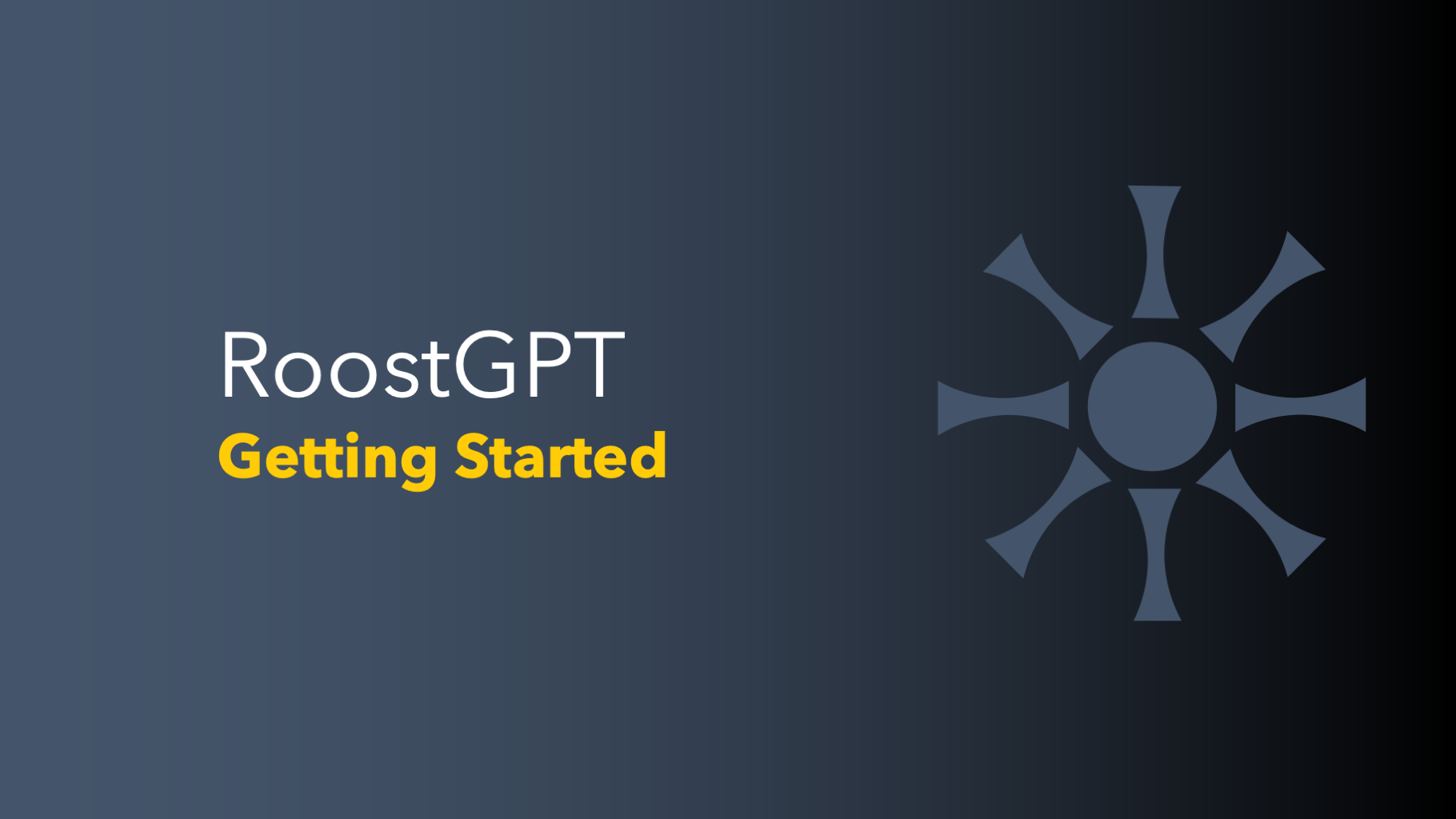<< Previous Edition: Sora & Physics Engine
In this reflective piece, I delve into a topic close to my heart: the irrelevance of human developers in the face of advancing technology. Over the past year, a realization has dawned upon me—the era of human programmers may be drawing to a close. Recognizing this, we strategically aligned our business with disruption , focusing on automating tasks universally disliked by developers, such as test case writing, while also venturing into the realm of digital transformation through vector embeddings.
It was only a matter of time before a distinct sign would emerge to actualize this transition. Just a few weeks ago, it discreetly unfolded - the revelation of the concept of "Assured LLM Software Engineering," cleverly intertwined with other Llama announcements.
Assured LLMSE
How can we use Large Language Models (LLMs) to improve code independently of a human?
Assured LLM-based Software Engineering (LLMSE) introduces a compelling goal from the outset: exploring how Large Language Models (LLMs) can autonomously enhance coding practices. The transparency of the paper's authors in stating this objective is commendable. Concealing such an ambition would serve no purpose. The field of software engineering has been a powerhouse of high-paying jobs for decades, and as Marc Andreessen famously predicted, software is continuing to "eat the world" at an accelerated pace, now potentially without the traditional need for human developers.
This shift signals a transformative, albeit daunting, scenario for many businesses centered around human talent. The projection is stark: the engineering workforce within companies could shrink to the square root of its size in the pre-ChatGPT era, likening the situation to a game of musical chairs.
For software engineers, this means a crucial pivot is necessary. To remain relevant, they must elevate their skills to align with the evolving landscape, positioning themselves within the sqrt(n) category rather than being left in the diminishing n-sqrt(n) segment. Similarly, businesses must adapt by focusing on nurturing and leveraging the new skill set required for LLM consumers. This adaptation is not just a strategy for survival but a proactive embrace of a future where software development and deployment are increasingly powered by advanced AI models.
Essential Terminology Shaping Human-Free Software Engineering
As we enter an era devoid of human intervention, where AI remodels the landscape of software engineering, grasping the emerging vocabulary is crucial. Let's unravel key terms that are driving this evolution.
LLM-Based Software Engineering (LLMSE): This term refers to the integration of Large Language Models (LLMs) into software engineering. It encompasses any application where the products or processes leverage LLMs to enhance development and operational efficiency.
LLM Application: Defined as any task or activity that benefits from LLM insights. This broad definition captures the essence of LLM's versatility across various domains, offering improvements through its advanced computational capabilities.
LLM Consumer: Any individual, system, or process that utilizes LLM outputs. This definition acknowledges the wide array of LLM beneficiaries, from developers and businesses to automated systems, all relying on LLM-generated intelligence.
Real Time: A concept that hinges on latency and its impact on performance. An application operates in real time if further reducing the wait for an LLM response doesn't enhance the application's effectiveness. It's a measure of efficiency where speed aligns perfectly with the task's requirements.
Assured LLMSE: This innovative approach guarantees the reliability of LLM outputs. Every response from an LLM, possibly after undergoing post-processing, comes with a verifiable assertion of its usefulness. Assured LLMSE sets a standard for trust and quality in the application of LLMs in software engineering.
Conclusion
The Assured LLMSE paper stirs mixed emotions, highlighting an era where software developers' roles transform dramatically. On one hand, it signals a potential end for traditional programming jobs. On the other, it introduces a much-needed framework, setting a standard for leading technologies like RoostGPT to follow. This dual perspective underscores both the challenge and opportunity presented by the evolving landscape of software engineering.



